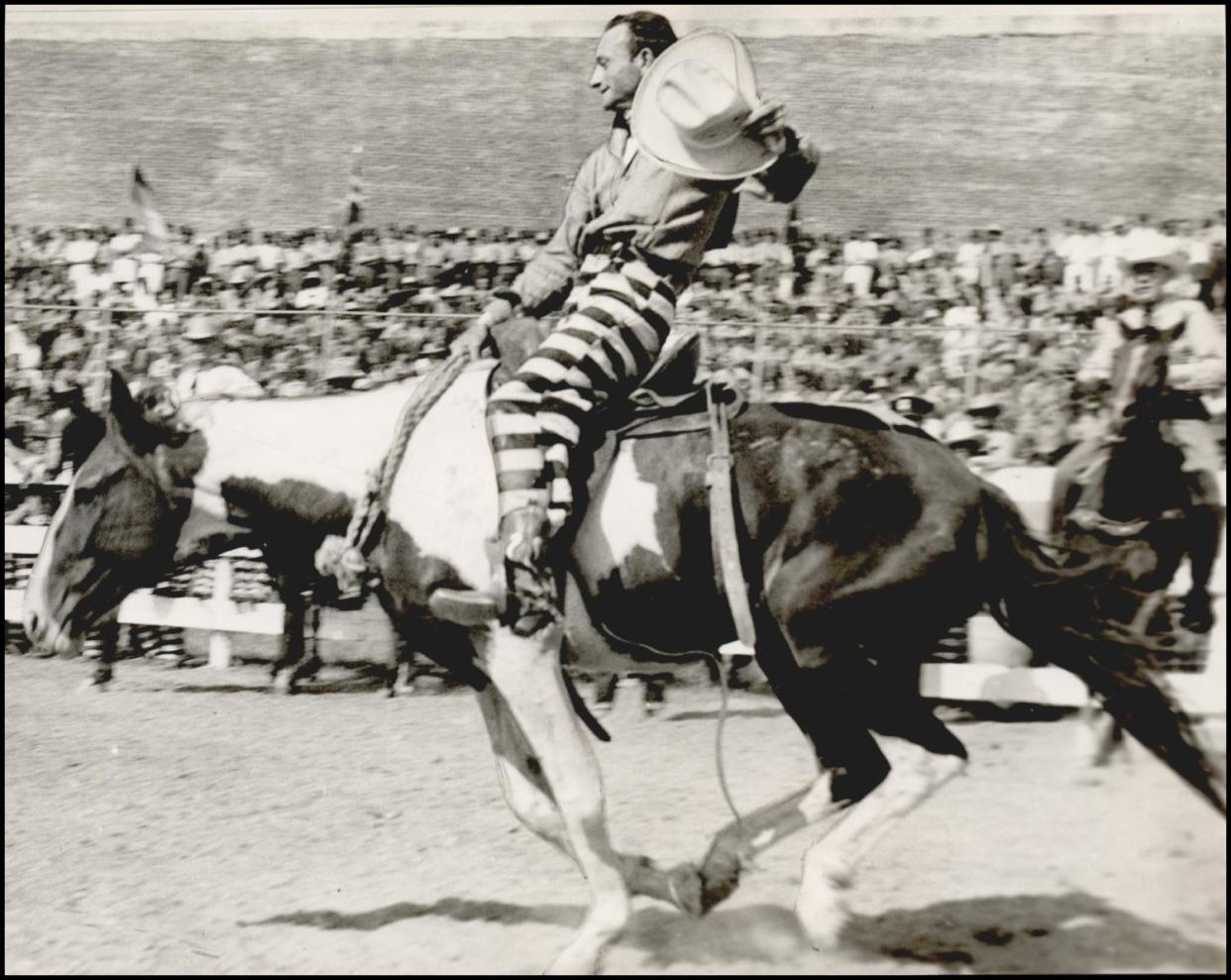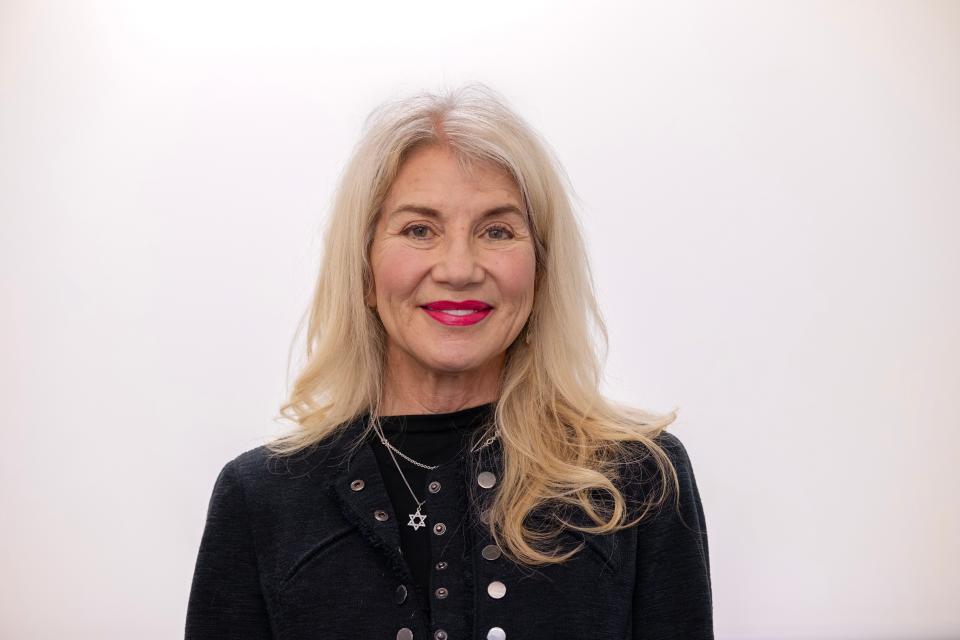Oklahoma needs to focus on prison reforms, not exploiting inmates with rodeo

The Oklahoma State Penitentiary Rodeo was active for nearly 70 years and in that time claimed to have raised thousands of dollars, eventually closing due to low attendance and a host of other issues. Astonishingly, the Legislature has passed two appropriations bills, House Bill 3749 and Senate Bill 1427, carving out $8.3 million to bring it back.
More: Could the McAlester state prison rodeo be returning? See inside a new effort to revive it
It seems that a lot of people have forgotten why the state prison rodeo no longer exists.
Rodeos have a long tradition and, historically, came about to display the skills and expertise in animal handling needed to be an effective cattle rancher. Expertise in riding and roping not only helps a rancher move their cattle where they need to go, but also prioritizes the safety and well-being of animals.
In contrast, videos I’ve seen from past prison rodeo events show a host of animal abuses and atrocities, including a steer being dragged by its tail and horses being roped and tipped like cattle. One very difficult-to-watch clip showed a badly injured horse in distress with a broken leg left dangling while inmates whipped the poor horse to keep it moving in the ring.
In addition to the animal abuses, there is considerable risk to human life and limb. Although traditional rodeo events, like barrel racing, are conducted by trained professionals even at the state prison rodeo, events for inmates included one where a bull was set loose into a crowd of participants trying to pull a burlap sack tied by a string to one of its horns to win $100.
More of a spectacle than a show of skill, the prisoners participating in these contests get thrown by bulls, gored by their horns, or even dragged across the ring in failed attempts at roping. They are given few safety measures and little training while risking life-long disability. And when they get injured, the state pays. One report from 2005 noted that an inmate had cracked his skull, accumulating at least $150,000 in medical bills.
The arguments in support of bringing the state prison rodeo back focus on tourism and economic development for McAlester, which is simply not what prisons are designed to do and not what the Oklahoma Department of Corrections should be focusing on.
The Oklahoma State Penitentiary in McAlester had at least six deaths in 2023 due to drug overdose — the highest of any prison. While they, like many prisons across the nation, are working to improve tactics to keep contraband, including drugs, out of the facility, we can’t ignore other contributing factors like staffing issues and programming.
The state Corrections Department only has $2.7 million in its budget for 2025 for all treatment programs, including substance use treatment, but according to reports they have already spent $1 million to repair the arena. This is in addition to the funds requested from the Legislature.
More: I'm serving a life sentence in Oklahoma. We need prison reform, not longer punishments.
The state prison rodeo is not part of some sort of animal therapy program for incarcerated individuals. They aren’t learning compassion by feeding, cleaning and caring for an animal. They aren’t mastering skills like roping and riding that can translate into job opportunities upon reentry. Typically, they get a handful of practices and then a few days to participate in rodeo events where they’re cheered on by a crowd when they fall or are flung across the arena. Even though they take on the most risk, they aren’t the intended beneficiaries of this event.
Oklahoma has made great strides in supporting reforms to lower our incarceration rate and give people in prisons and jails access to programs and support they need to earn a second chance to thrive. It is important that we continue to focus on programs that offer rehabilitation and reform instead of exploitation. This rodeo is a step in the wrong direction for everyone involved.

Sue Ann Arnall is president of the Arnall Family Foundation and a former Oklahoma County jail trust member.
This article originally appeared on Oklahoman: Oklahoma prison rodeo has history of animal abuse, prisoner injuries

